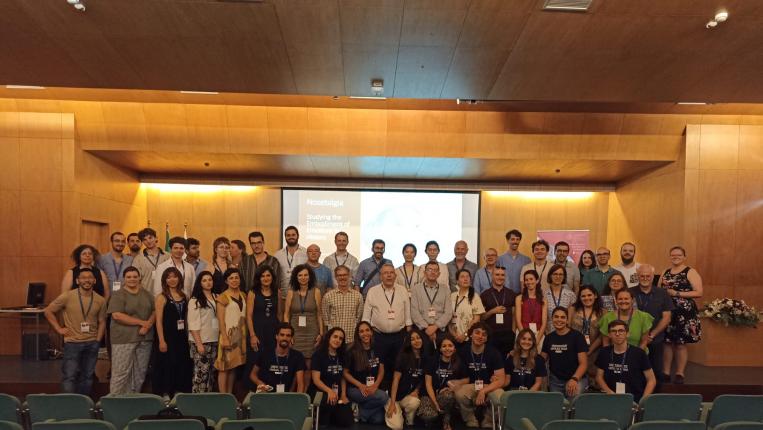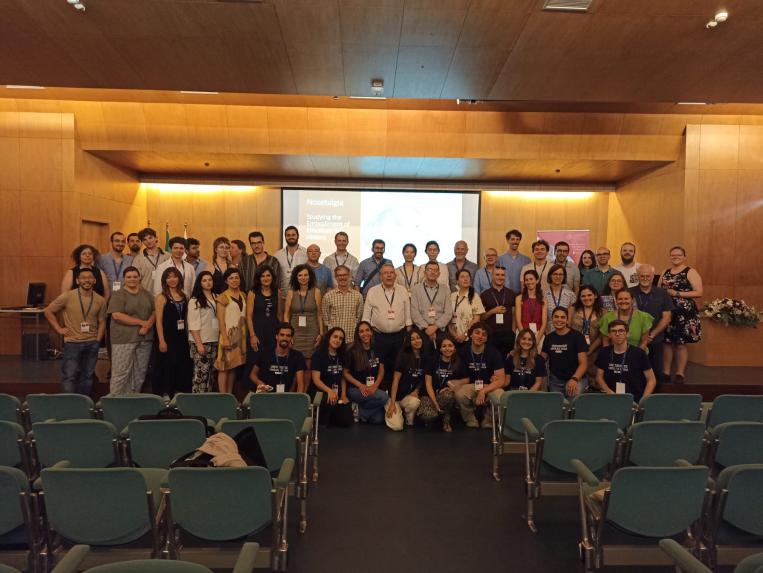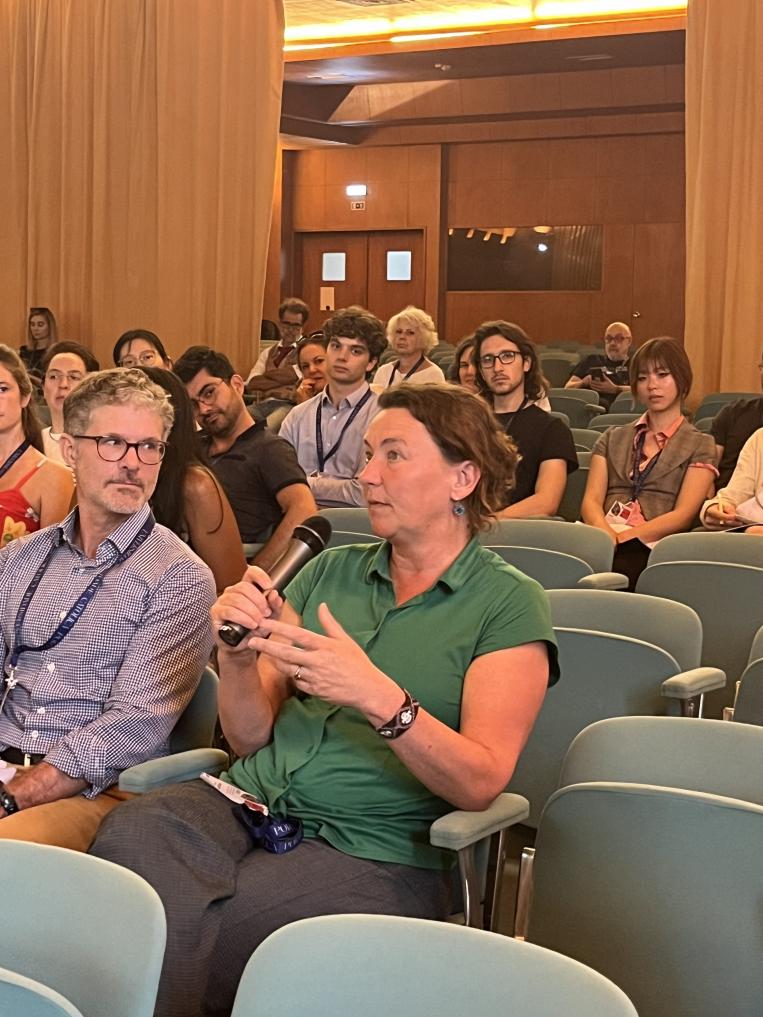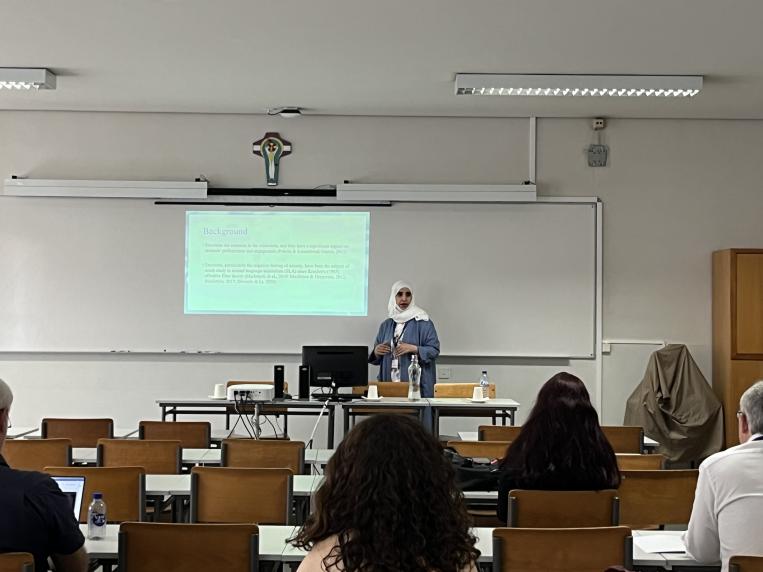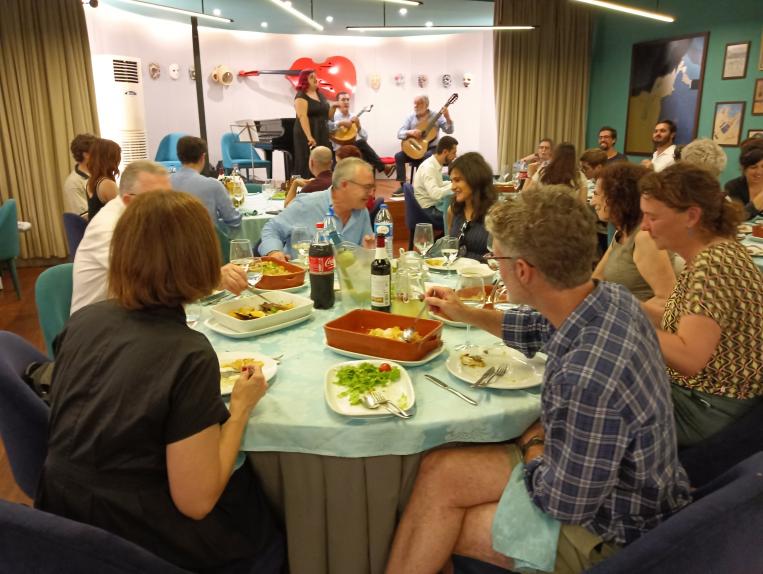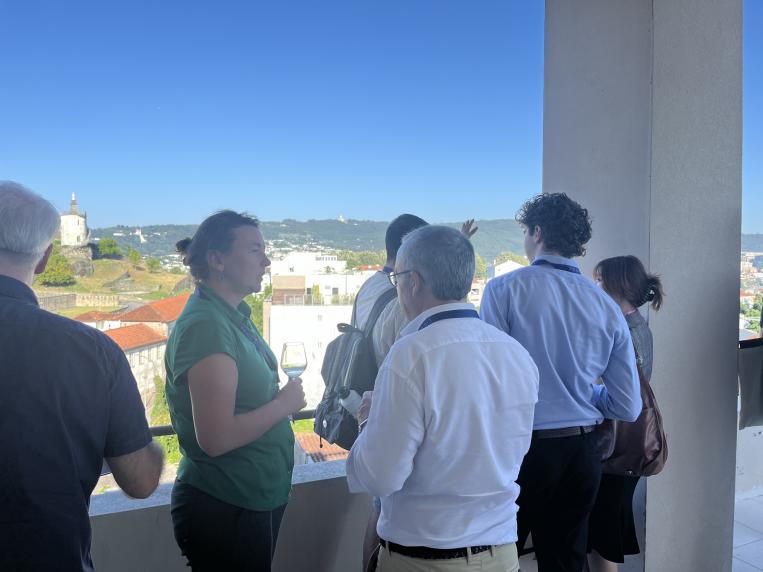Esta informação encontra-se em processo de revisão, pelo que algumas informações poderão estar desatualizadas. Pede-se, neste sentido, o pedido de esclarecimento, em caso de interesse, aos Servições Académicos (servicosacademicos.braga@ucp.pt | 253 206 100).
Os estudantes brasileiros têm a possibilidade de concorrer aos programas de Licenciatura da FFCS com o ENEM. Nesta página encontrará disponível a informação para os estudantes que cumpram os requisitos de elegibilidade definidos legalmente no Estatuto de Estudante Internacional.
Para este efeito, é considerado estudante internacional o estudante que, cumulativamente:
- Não tenha nacionalidade de um estado membro da União Europeia;
- Não seja descendente direto, cônjuge (marido/mulher) ou parceiro(a) de cidadão nacional de um estado membro da União Europeia;
- Não resida legalmente em Portugal há mais de 2 anos, de forma ininterrupta em 1 de janeiro do ano em que pretenda ingressar no ensino superior (o próprio, o cônjuge ou algum dos pais com quem resida legalmente);
- Não seja beneficiário, em 1 de janeiro do ano em que pretende ingressar no ensino superior, de estatuto de igualdade de direitos e deveres atribuído ao abrigo de tratado internacional outorgado entre o Estado Português e o Estado de que é nacional.
O ingresso de cidadãos estrangeiros que não se encontrem abrangidos pelo Estatuto de Estudante Internacional é realizado nas condições aplicáveis aos estudantes com nacionalidade portuguesa.
Para isso, deverá inscrever-se numa escola secundária portuguesa para realizar os exames nacionais em Portugal e apresentar uma das provas exigidas pela FFCS ou poderá realizar em Portugal ou no Brasil uma prova homóloga à exigida através do sistema internacional de ensino, por exemplo IB ou SAT Exams. Para saber quais as disciplinas terminais análogas às provas de ingresso solicitadas, contacte os serviços de secretaria da FFCS.
Requisitos de Acesso
Para a candidatura ser avaliada deverá preencher os seguintes requisitos:
- Ser considerado Estudante Internacional;
- Ter concluído o Ensino Médio;
- Ter realizado o ENEM (prova de ingresso);
- Ter equivalência ao ensino secundário português ou ter concluído uma qualificação que lhe dê acesso ao ensino superior no país de origem.
Processo de Candidatura
As candidaturas à FFCS para 2022/23 poderão ser realizadas de forma online ou presencialmente.
Nota: Atenção que a candidatura apenas será considerada completa após o pagamento da taxa e entrega da respectiva documentação.




